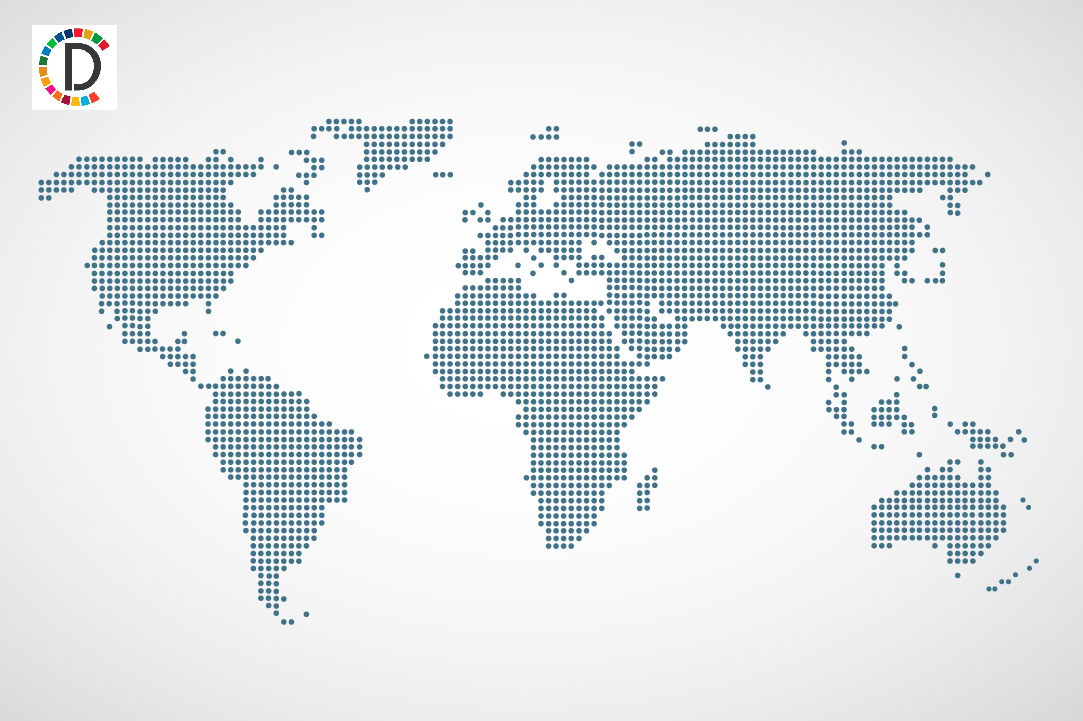Political Tensions Rise as Pakistan Markazi Muslim League Rallies Against India
The Pakistan Markazi Muslim League (PMML) conducted an anti-India rally in Lahore, demanding the release of Hafiz Saeed. Following the Jammu and Kashmir terror attack, ties between India and Pakistan have worsened, prompting India to take punitive actions. Despite restrictions, the PMML held their protest with government facilitation.

- Country:
- Pakistan
The Pakistan Markazi Muslim League (PMML), affiliated with the banned Jamaat-ud-Dawa of Hafiz Saeed, held a significant rally in Lahore against India, demanding the immediate release of Saeed from incarceration.
Activating nationwide, the PMML organized protests after the Jammu and Kashmir terror incident that took 26 lives, including several tourists. Consequently, India imposed strict measures against Pakistan, like suspending the Indus Waters Treaty and closing the Attari border.
This Sunday, PMML took to Lahore streets in a 'Kissan march' to decry India's retaliatory moves. The demonstration, featuring tractors and motorcycles, occurred on Mall Road, an area where public rallies are typically restricted. Punjab's government, under Maryam Nawaz's leadership, facilitated this large assembly, led by PMML's Vice President Hafiz Talha Saeed.
Protesters carried signs denouncing India and avowing allegiance to the Pakistan Army. PMML President Khalid Masood Sindhu emphasized the centrality of the Indus Waters Treaty and Pakistan's commitment to 'liberating' Kashmir, further demanding Hafiz Saeed's release. Despite multiple convictions for terror financing since 2019, reports suggest Saeed might be confined in a 'safe house' rather than jail.
(With inputs from agencies.)
ALSO READ
Kashmir Tourism Takes a Hit Amid Rising Tensions
UN Experts Demand Belarus Release Ailing Political Prisoners Held Since 2020 Protests
UNSC Grills Pakistan: Tensions Rise Amid Kashmir Crisis
Tensions Mount: Heightened Security in Kashmir Amid Pahalgam Aftermath
Jammu and Kashmir Bank's Ambitious Profit Target for 2030










